Interestingly, Dr Stephanie Maher, Teagasc’s new permanent biodiversity researcher, comes from neither an agricultural nor a science family background.
She grew up in the city but showed early signs a career in science was the right path as she was consumed by curiosity.
“I was always the one to ask questions and wanted to know why things work and why things were they were the way they were,” she says.
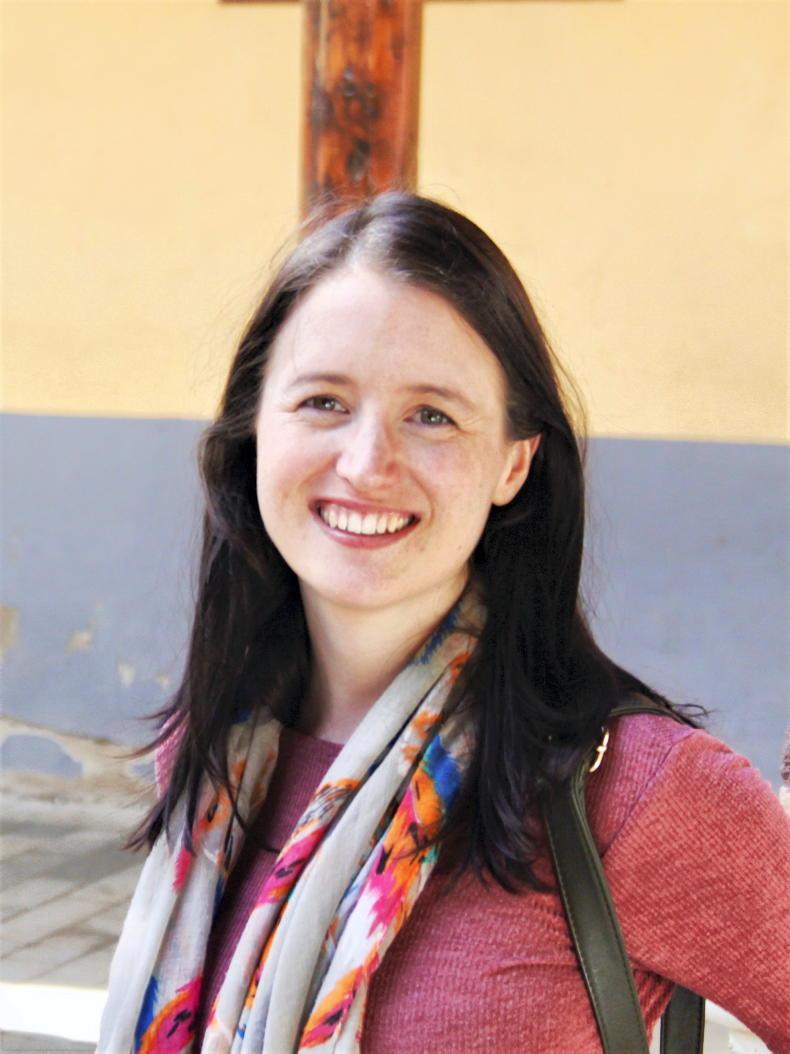
Dr Stephanie Maher is Teagasc's new permanent biodiversity researcher at Johnstown Castle.
“For as long as I can remember it’s been something I’ve been interested in – it wasn’t really a question for me that I would do anything other than something scientific. That was always what I enjoyed the most.”
Her undergrad in Trinity College, Dublin, was a bachelor’s degree in Zoology, where she got her first taste for the natural sciences and how they fit into the bigger picture.
“I feel like any of my learnings around ecology and zoology helped me open my eyes to the world I was already living in [to see] things a different way,” she explains.
Upon graduating, Stephanie went to work in molecular biology in the UK, but soon felt that she was moving away from the path that sparked her curiosity most.
China
A stint working in China as a science teacher provided her with the opportunity to intern at Kunming Institute in Botany and Zoology. This is where her passion was restored and she made the decision to put all her savings into returning to the UK to complete a MSc in Wildlife Management and Conservation at the University of Reading.
“When I look back at my career, that was the best decision I made: to go and do that master’s degree,” she says. “As much as I had touched on these subjects before – as an undergraduate and then in China – [the master’s degree] was a real immersion in wildlife and ecology.
“But the big thing about that course was it contextualised everything; it made it so much more applied and so much more practical.
“You can’t talk about wildlife conservation and wildlife management without talking about all the other sectors that are involved: agriculture, urbanisation and people,” she continues. “That year helped me place those subjects into the real world and see there’s a real contribution you can make by doing this type of work.”
Of course, she didn’t stop there. Firmly immersed in her biodiversity research, she went on to complete a PhD in solitary bee nesting ecology from Anglia Ruskin University, Cambridge.
“I kind of got really into the insect side of things during the master’s. When you’re from this part of the world – the UK and Ireland – we’ve got huge diversity with thousands of insect species and they are all weird and interesting,” explains Stephanie.
“I like problem solving. That’s the thing that keeps me in research. I like to problem solve, which is basically what research is. So, insects, problem solving and research, plus a PhD in bees made sense.”
research fellow at Trinity.
It was during the PhD that Stephanie began her links to agriculture and she returned to Ireland to become a research fellow at Trinity.
“You just can’t work in this kind of field of conservation, nature and ecology without the importance of the agricultural context kind of slapping you in the face because it’s so dominant as a land use, and so important when we look to the future,” she says. Her work at Trinity gave her the opportunity to get on some farms and start contextualising what she had been doing in that space.
“When I first joined Trinity, I worked on a project called FARM-ECOS, which was about quantifying biodiversity on Irish farms and also assessing the quality of their biodiversity,” she says.
Now Stephanie’s career has brought her into the heart of Irish farming as she begins her new role as biodiversity researcher at the Teagasc Environment Research Centre in Co Wexford.
Of the appointment, Stephanie says she is looking forward to helping farmers contribute to reversing the biodiversity emergency and enhance biodiversity on their farms.
Important we work together
“As far as biodiversity in agriculture goes, the first important thing for me is it’s not one versus the other,” she explains. “Farming and nature, go hand in hand and always have and [this] can continue.
“In terms of us as a society addressing the current crises that we face within nature and biodiversity, agriculture is key to that.
“My hope for the future is that progress is made together,” she says. “From my perspective, we all have a part to play – farmers, scientists, policymakers, journalists, the general public – for me, it’s just really important that we all kind of go together along that road.”
Read more
Steps to success: resilience – do I have it?
Food Works programme searching for Ireland’s Food and Drinks entrepreneurs
Interestingly, Dr Stephanie Maher, Teagasc’s new permanent biodiversity researcher, comes from neither an agricultural nor a science family background.
She grew up in the city but showed early signs a career in science was the right path as she was consumed by curiosity.
“I was always the one to ask questions and wanted to know why things work and why things were they were the way they were,” she says.

Dr Stephanie Maher is Teagasc's new permanent biodiversity researcher at Johnstown Castle.
“For as long as I can remember it’s been something I’ve been interested in – it wasn’t really a question for me that I would do anything other than something scientific. That was always what I enjoyed the most.”
Her undergrad in Trinity College, Dublin, was a bachelor’s degree in Zoology, where she got her first taste for the natural sciences and how they fit into the bigger picture.
“I feel like any of my learnings around ecology and zoology helped me open my eyes to the world I was already living in [to see] things a different way,” she explains.
Upon graduating, Stephanie went to work in molecular biology in the UK, but soon felt that she was moving away from the path that sparked her curiosity most.
China
A stint working in China as a science teacher provided her with the opportunity to intern at Kunming Institute in Botany and Zoology. This is where her passion was restored and she made the decision to put all her savings into returning to the UK to complete a MSc in Wildlife Management and Conservation at the University of Reading.
“When I look back at my career, that was the best decision I made: to go and do that master’s degree,” she says. “As much as I had touched on these subjects before – as an undergraduate and then in China – [the master’s degree] was a real immersion in wildlife and ecology.
“But the big thing about that course was it contextualised everything; it made it so much more applied and so much more practical.
“You can’t talk about wildlife conservation and wildlife management without talking about all the other sectors that are involved: agriculture, urbanisation and people,” she continues. “That year helped me place those subjects into the real world and see there’s a real contribution you can make by doing this type of work.”
Of course, she didn’t stop there. Firmly immersed in her biodiversity research, she went on to complete a PhD in solitary bee nesting ecology from Anglia Ruskin University, Cambridge.
“I kind of got really into the insect side of things during the master’s. When you’re from this part of the world – the UK and Ireland – we’ve got huge diversity with thousands of insect species and they are all weird and interesting,” explains Stephanie.
“I like problem solving. That’s the thing that keeps me in research. I like to problem solve, which is basically what research is. So, insects, problem solving and research, plus a PhD in bees made sense.”
research fellow at Trinity.
It was during the PhD that Stephanie began her links to agriculture and she returned to Ireland to become a research fellow at Trinity.
“You just can’t work in this kind of field of conservation, nature and ecology without the importance of the agricultural context kind of slapping you in the face because it’s so dominant as a land use, and so important when we look to the future,” she says. Her work at Trinity gave her the opportunity to get on some farms and start contextualising what she had been doing in that space.
“When I first joined Trinity, I worked on a project called FARM-ECOS, which was about quantifying biodiversity on Irish farms and also assessing the quality of their biodiversity,” she says.
Now Stephanie’s career has brought her into the heart of Irish farming as she begins her new role as biodiversity researcher at the Teagasc Environment Research Centre in Co Wexford.
Of the appointment, Stephanie says she is looking forward to helping farmers contribute to reversing the biodiversity emergency and enhance biodiversity on their farms.
Important we work together
“As far as biodiversity in agriculture goes, the first important thing for me is it’s not one versus the other,” she explains. “Farming and nature, go hand in hand and always have and [this] can continue.
“In terms of us as a society addressing the current crises that we face within nature and biodiversity, agriculture is key to that.
“My hope for the future is that progress is made together,” she says. “From my perspective, we all have a part to play – farmers, scientists, policymakers, journalists, the general public – for me, it’s just really important that we all kind of go together along that road.”
Read more
Steps to success: resilience – do I have it?
Food Works programme searching for Ireland’s Food and Drinks entrepreneurs





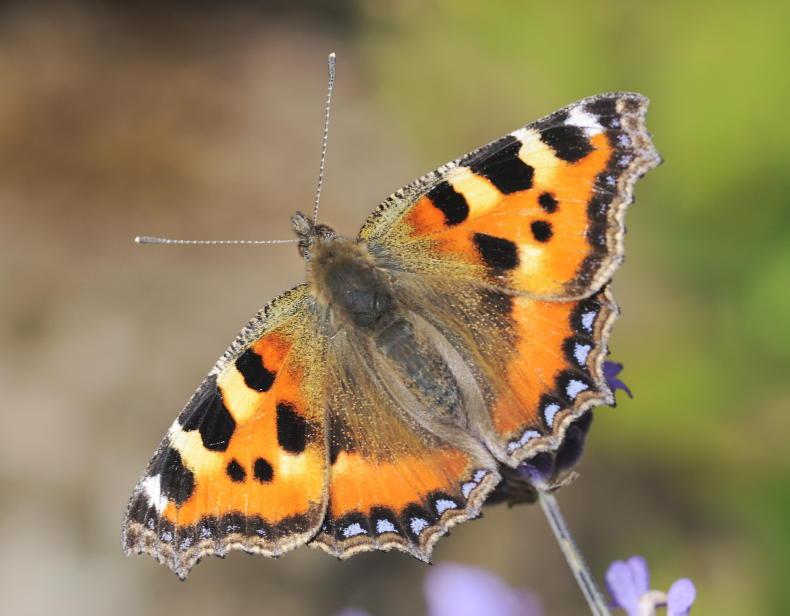
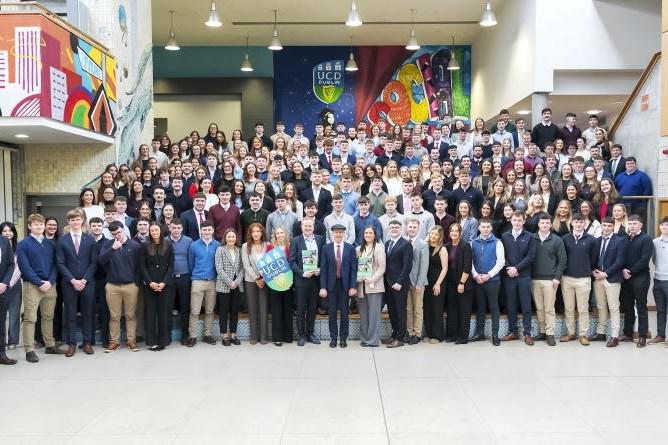
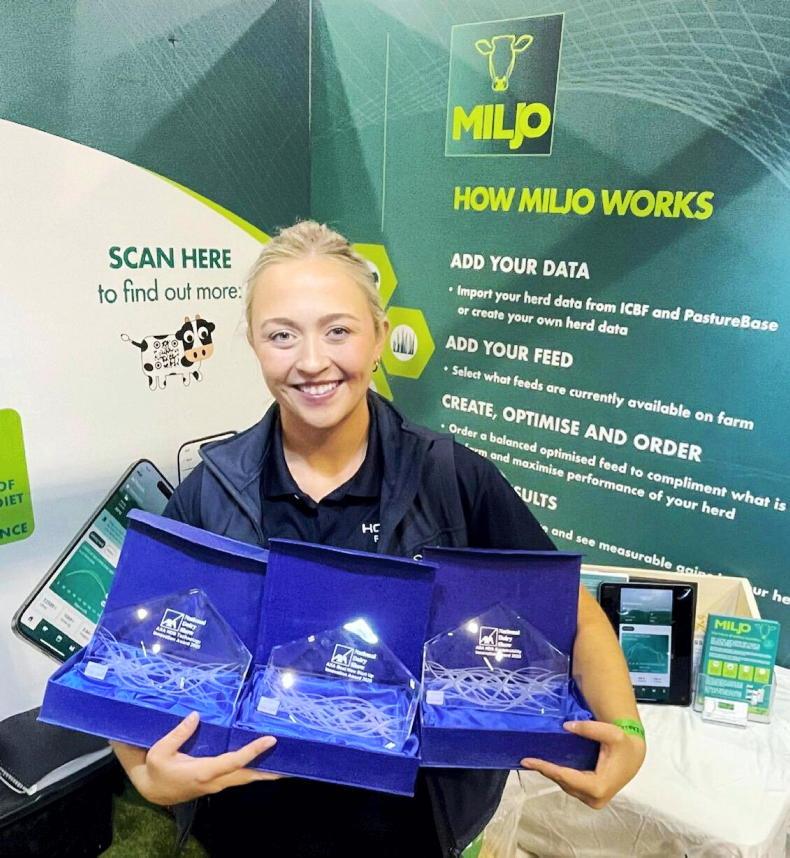
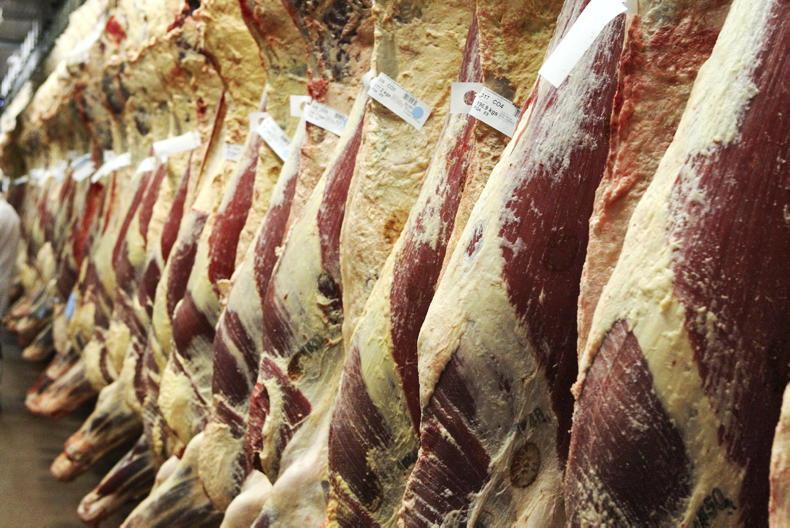
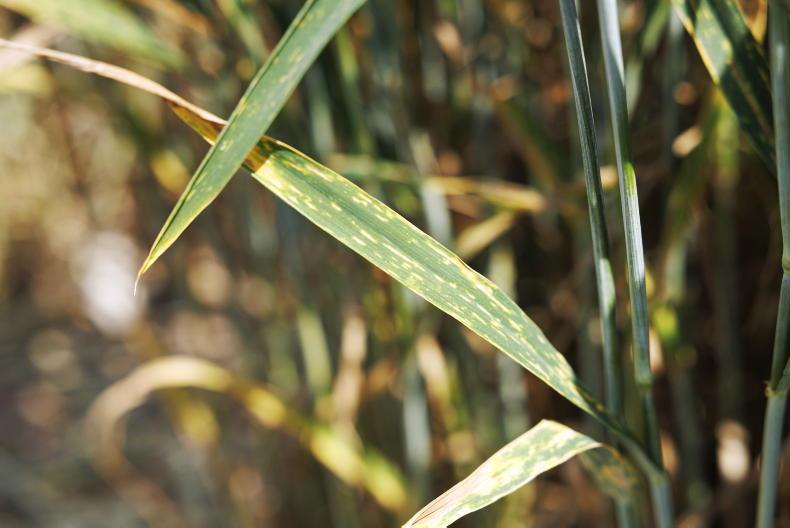
SHARING OPTIONS